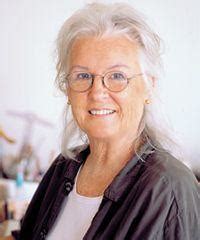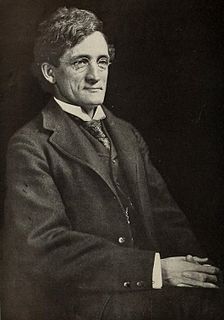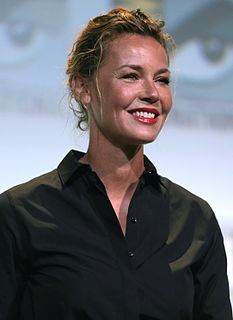A Quote by Flavia Weedn
If the world kept a journal, many of the entries would be conversations concerning the advancement of scientific knowledge and its importance to humanity. I offer the following conversation as an added entry: "And what is as important as knowledge?" asked the mind. "Caring," answered the heart.
Related Quotes
Surely knowledge of the natural world, knowledge of the human condition, knowledge of the nature and dynamics of society, knowledge of the past so that one may use it in experiencing the present and aspiring to the future--all of these, it would seem reasonable to suppose, are essential to an educated man. To these must be added another--knowledge of the products of our artistic heritage that mark the history of our esthetic wonder and delight.
At the heart of capitalism is the unification of knowledge and power. As Friedrich Hayek, the leader of the Austrian school of economics, put it, "To assume all the knowledge to be given to a single mind... is to disregard everything that is important and significant in the real world." Because knowledge is dispersed, power must be as well.
The fact that these scientific theories have a fine track record of successful prediction and explanation speaks for itself. (Which is not to say that I don't directly discuss the work of those philosophers who would disagree.) But even if we grant this, many will argue that scientific knowledge in humans, and, indeed, reflective knowledge in general, is quite different in kind from the knowledge we see in other animals.
Those without the gate frequently question the wisdom and right of the occultist to guard his knowledge by the imposition of oaths of secrecy. We are so accustomed to see the scientist give his beneficent discoveries freely to all mankind that we feel that humanity is wronged and defrauded if any knowledge be kept secret by its discoverers and not at once made available for all who desire to share in it.
The knowledge is reserved in order that humanity may be protected from its abuse at the hands of the unscrupulous.
To oppose knowledge is ignorant, and he who detests knowledge and science is not a man, but rather an animal without intelligence. For knowledge is light, life, felicity, perfection, beauty and the means of approaching the Threshold of Unity. It is the honor and glory of the world of humanity, and the greatest bounty of God. Knowledge is identical with guidance, and ignorance is real error
If you asked somebody, 'what do you wish for in life?' they wouldn't say 'happiness.' I would have answered 'excitement, knowledge,' God knows - I mean, many, many different things, but certainly not 'happiness'. It seemed like a foreign concept to wish for something that specific and that singular.
Perhaps, some day, humanity can start afresh, a new world, a tabula rasa, a world with a mind without prior experiences. No memories and no pain. A day when the ones with abundance do not look down at the poor and the needy, a day when we learn to care for the victims, the fallen souls of civilization and advancement, a day when the world will be pure. When all of humanity becomes a clean sheet of parchment, without knowledge and prejudice, simple, hungry for knowing, tasting, and feeling; hungry for life and ready to absorb the ink of experience.
Knowledge is inherent in man; no knowledge comes from outside; it is all inside. We say Newton discovered gravitation. Was it sitting anywhere waiting for him? It was in his own mind; the time came and he found it out. All knowledge that the world has ever received comes from the mind; the infinite library of the universe is in our own mind. The external world is simply the suggestion, the occasion, which sets you to study your own mind.






































